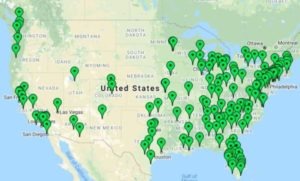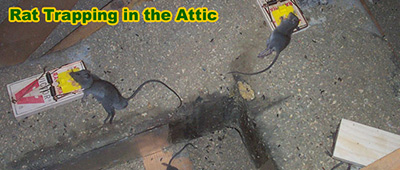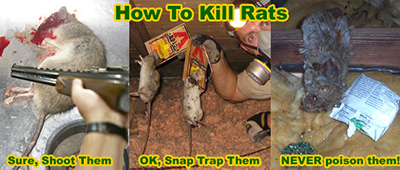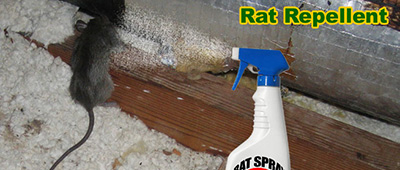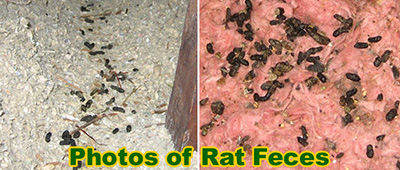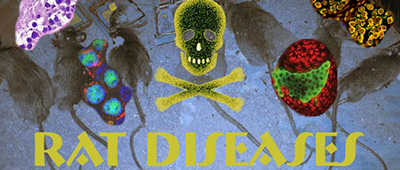Cheese is often used as bait in mouse and rat traps, and as well as being believed to be one of the best baits to catch such rodents, it is also believed to cause them harm. Many people believe that these creatures are lactose intolerant, although we must tell you that it is entirely a myth. There is some truth to the fact that cheese might not be good for the rogue rodents, but it's not a lactose intolerance problem that's causing it all.
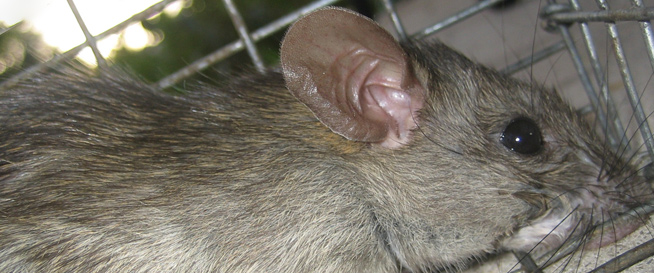
Softer cheeses, such as mozzarella and brie, are too chewy and not easily broken down, so rats have a tendency to choke on these. In some cases, this can be potentially fatal as the rat doesn't have a natural inbuilt gag-reflex to help dislodge the cheese out of the throat should this happen.
It is believed that the rat and mouse eating cheese theory began because many years ago, cheese retained the shape of the teeth of the animals that were nibbling into it. Where it began is irrelevant, however, and we would not recommend using cheese as bait. It hasn't been shown that these rodents even like cheese, and then there is the concern that it could cause an upset stomach for the animal. There are better baits, and we would advise looking at those instead.
Go back to the Rats in the Attic home page.
Do rats eat cheese? Do they like it?
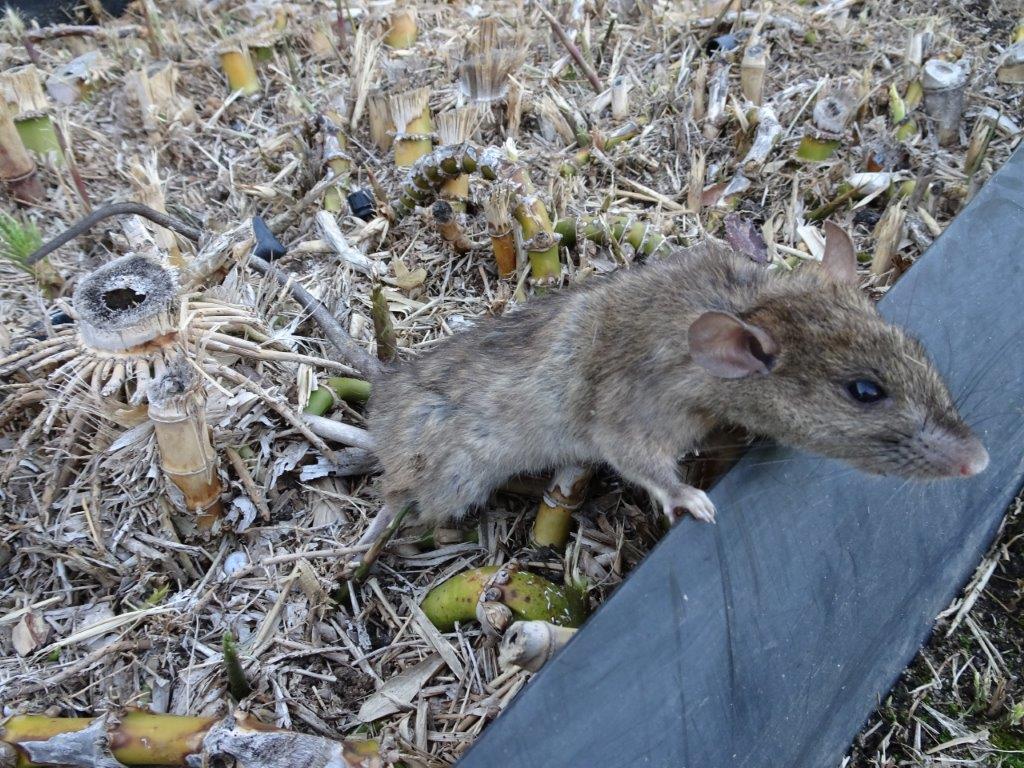
We have all seen a cartoon depiction of a rat lured into a trap by the promise of some cheese, either in comics or on television, but do rats actually eat and like cheese or is it a myth? The answer is that, technically, yes - rats do eat cheese. But it is a little more complicated than that.
To start off with, rats are well known as being omnivorous creatures. Rats have evolved to survive, and they are perhaps one of the world’s most adaptive species. As a result, their diet has had to adjust over the millions of years they have existed in order to get by. This means they will eat virtually anything, whether its plants, vegetables, meat, garbage, dairy, or anything else you can think of.
Additionally, rats are nocturnal creatures which means they hunt at night. Because of this, they have developed an extremely strong sense of smell in order to find a source of food. This is not to say that they are only attracted to food that smells strongly, but any scent, which is why they can often be found rummaging through garbage bags, especially those not stored in a sealed bin.
So, thanks to their good sense of smell and varied diet, rats will certainly eat cheese if given the opportunity, or seek it out if it has a particularly strong odor like blue cheese. But figuring out whether they actually like cheese can be difficult, due to the fact that liking something is an emotional response that less-intelligent species do not have. Instead, we should ask whether rats have a preference for cheese - the answer, surprisingly, being no.
As stated, rats will happily eat cheese if they can. But this is only because rats will eat almost anything in order to survive, especially if they are starving. When scavenging, rats actually appear to have a preference for meat over any other type of food. This may seem strange given that we know rats use their keen sense of smell to find foods, and we would think that cheeses smell stronger than meats.
This does mean that rats will seek out meats with a stronger scent, like bacon, or fish, but more often than not rats seem to prefer meat that has started to go bad, which we all know can let off a strong odor.
But interestingly, rats are known for preferring sweet smells over anything else. This goes some way to explaining why rats in fact do not necessarily like cheese despite their reputation, because as we all know cheese is essentially curdled milk; in other words, milk that has technically gone bad.
As a result, cheese is effectively sour milk. So, we now know rats prefer sweet-smelling foods, meaning we can safely say that yes, rats eat cheese, but contrary to belief they do not necessarily like it.

